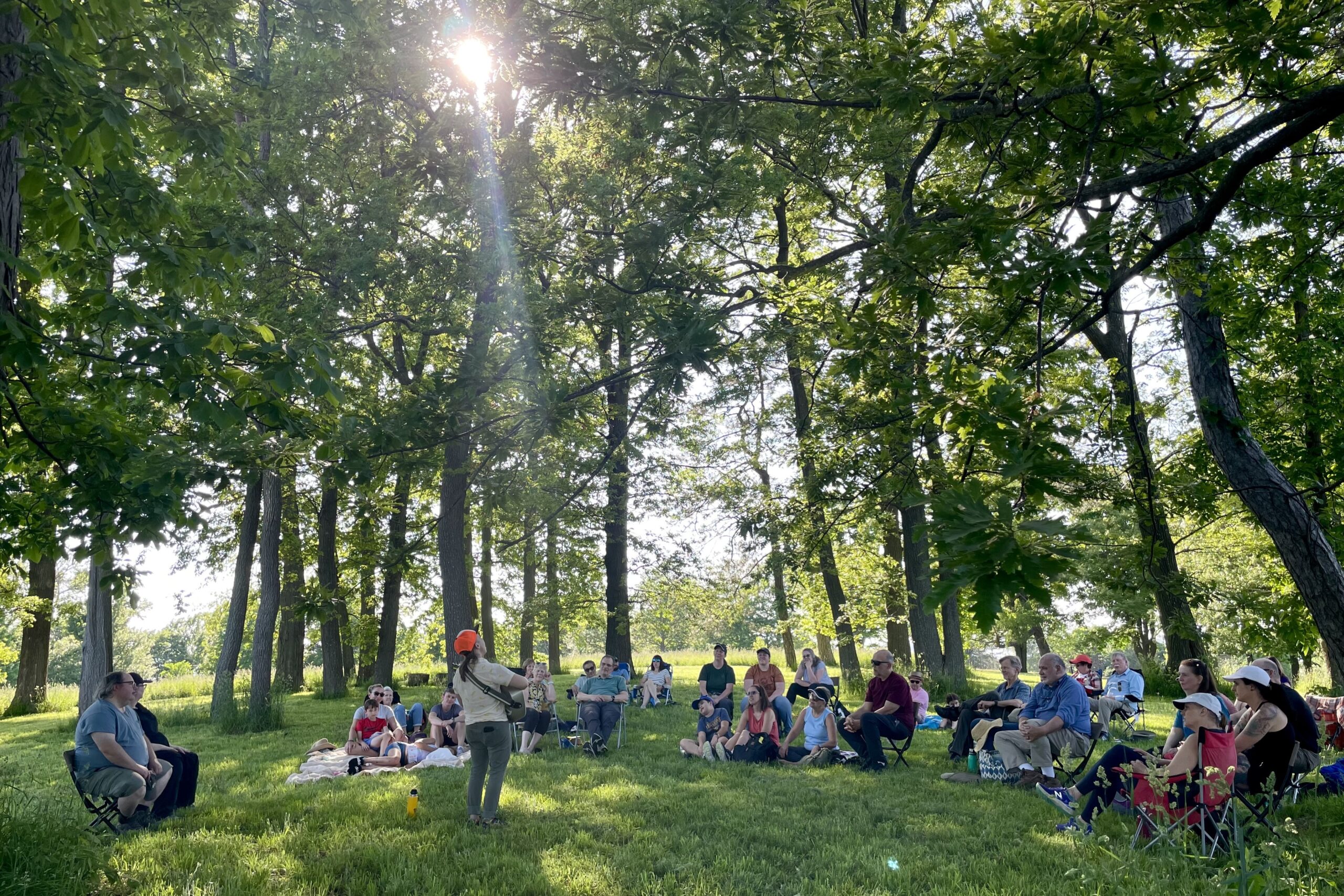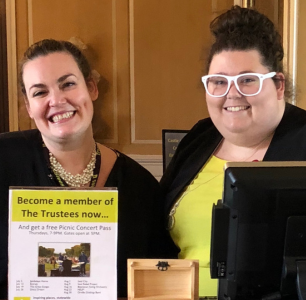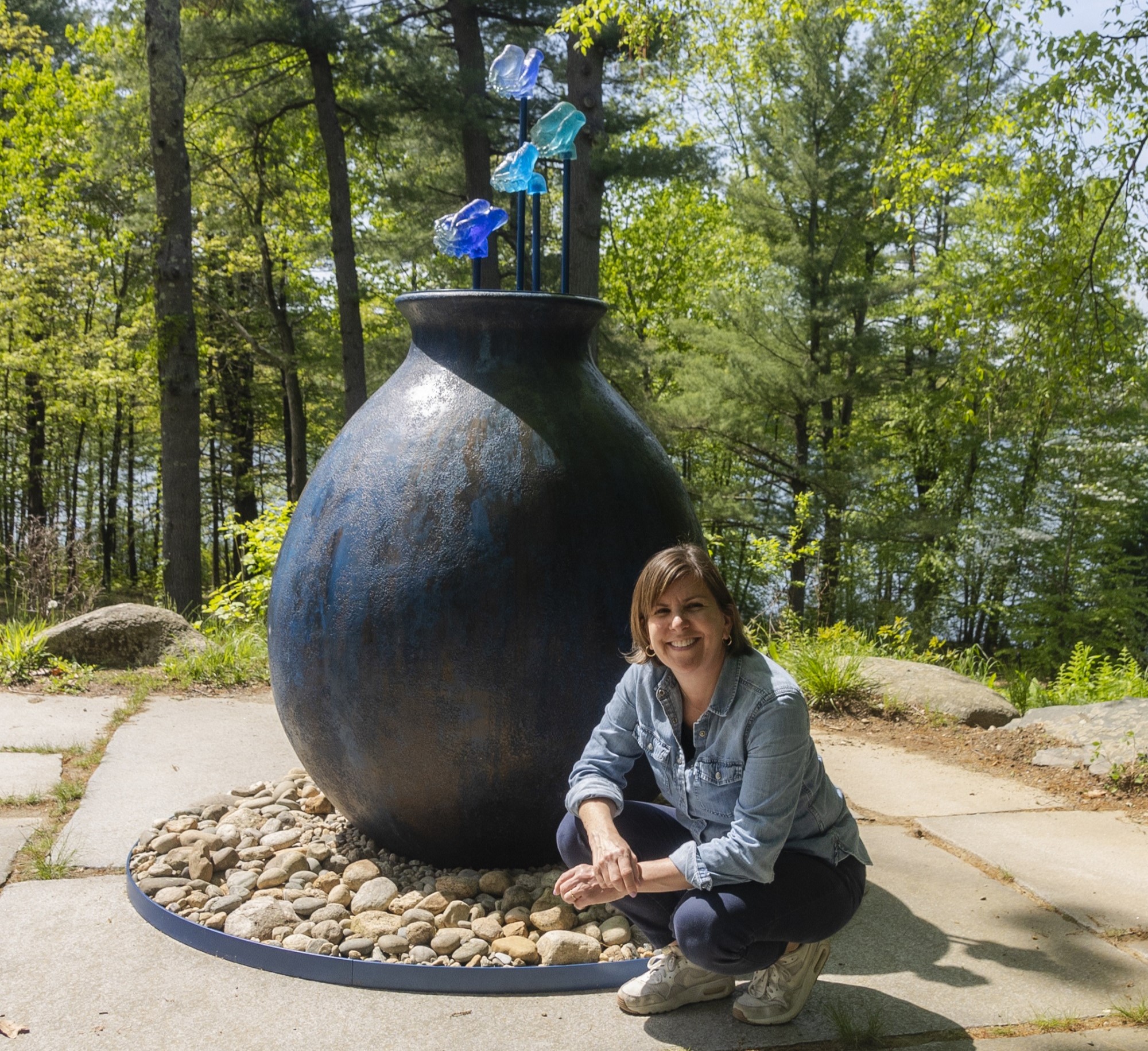August 21 is celebrated in the Berkshires and throughout Massachusetts as Elizabeth Freeman Day. As the American Revolution dawned, Elizabeth Freeman played an integral role in the outlawing of slavery in Massachusetts. It would be 85 years later until these basic human rights were granted to enslaved people across the nation, as part of the 13th Amendment.
While enslaved at the Ashley House, in Sheffield as part of Colonel John Ashley’s family, Elizabeth (known at the time as Bett) observed Colonel Ashley and neighbors discussing the Sheffield Resolves. In short, the Resolves petitioned the British government on behalf of the colonies for individual rights. The document opens with “RESOLVED: That mankind in a state of nature are equal, free and independent of each other and have a right to the undisturbed enjoyment of their lives, their liberty and property.”
After the revolution, Elizabeth sought out a lawyer, Theodore Sedgwick, and sued for her freedom on the basis of the Sheffield Resolves. In winning her freedom, Elizabeth set the stage for slavery to be abolished in Massachusetts in 1783.
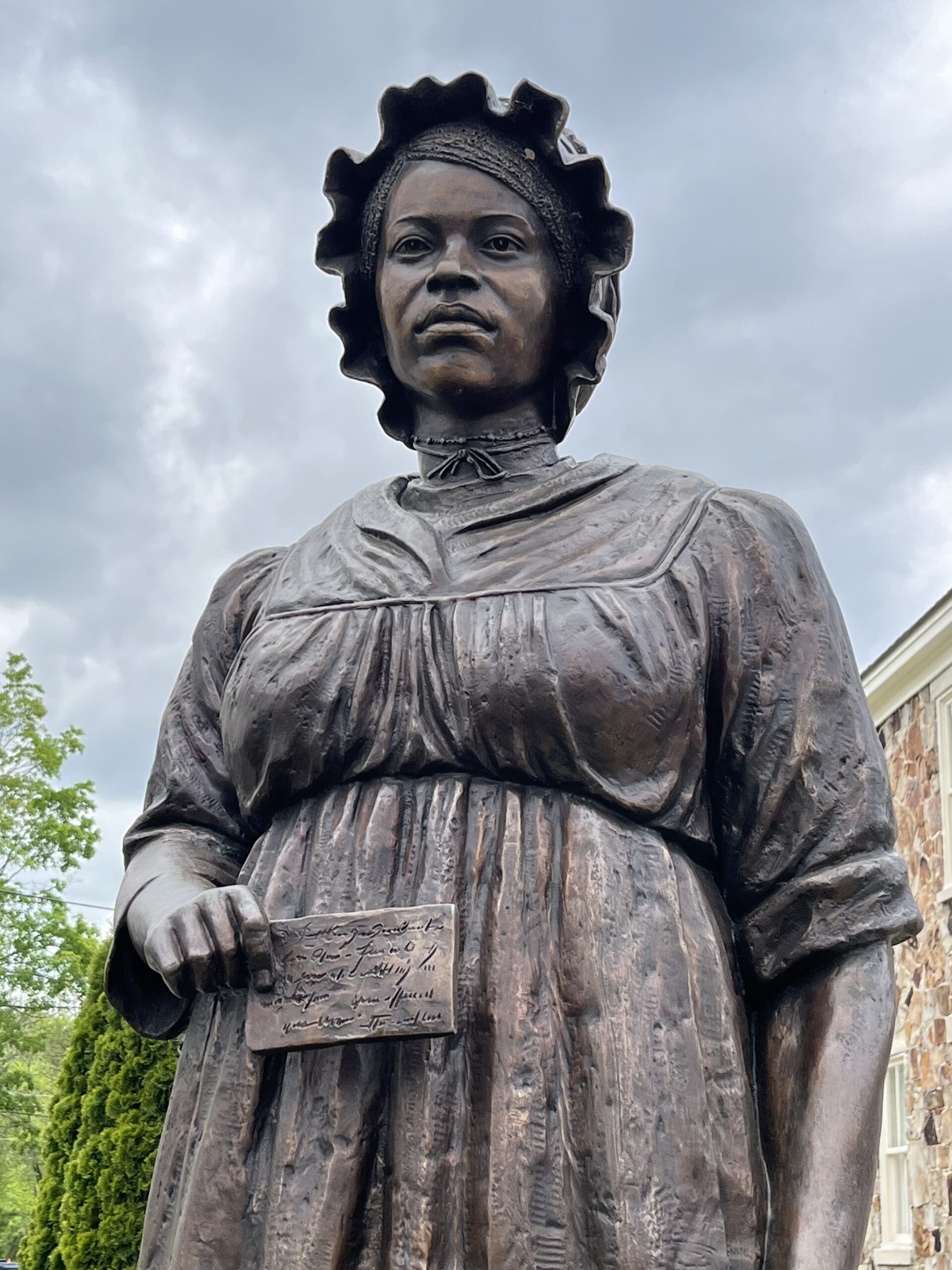
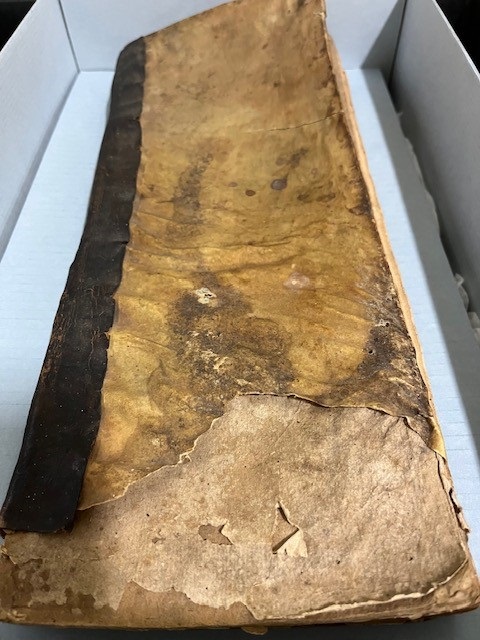
Today, we celebrate her legacy and highlight the work still ahead to elevate her story in the Berkshires, Massachusetts, and the country. To learn more about Elizabeth Freeman click here or plan your visit to The Ashley House in Sheffield, MA.
To further this work, The Trustees recently received a grant from the National Endowment for the Humanities to conserve and process the Col. John Ashley Papers as part of our two-year initiatives A Tale of Two Cities in Two Centuries. The first city being Sheffield, the home of Elizabeth Freeman.
The second city noted in the Tale of Two Cities grant is Boston in the 1970s and allows us to conserve and process the rich archives of the Boston Natural Areas Network, now part of our Boston Community Gardens. Cindy notes, “spaced two centuries apart at geographically opposite ends of the state these collections hold powerful opportunities for revealing populations at pivotal moments in Massachusetts history, offering primary accounts of some of Massachusetts’ most under-represented residents – often Black, poor, or women.”
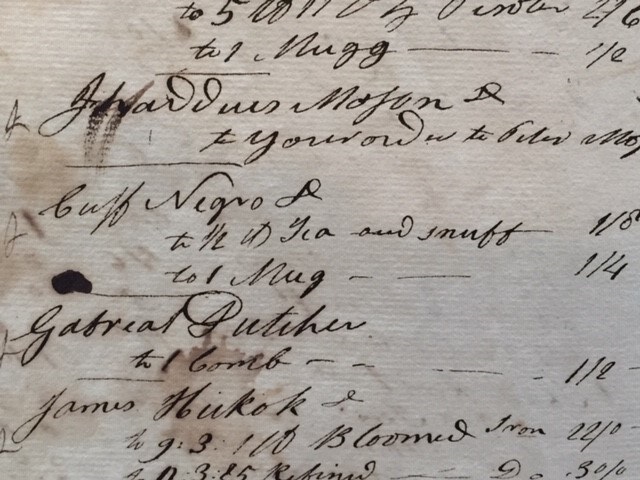
In our application for the grant, Cindy Brockway notes, “For decades, our stories have been focused on the property owners and designers who bought, sold, and shaped our farms, homes, and natural areas. Our collections are products of their eras…”
At the completion of the project documents from both projects will be available to researchers and the public through the Trustees collections management system.
We are making a deep commitment to telling other stories, including that of Elizabeth Freeman’s and sharing updates as we discover more. Following along with us as we share our important work.
